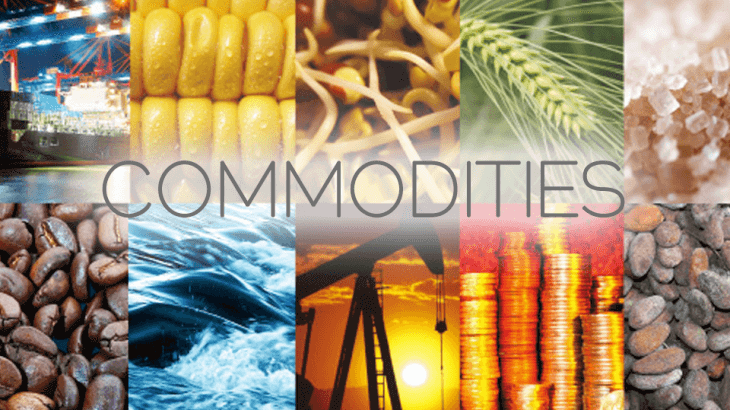Before starting to choose the best commodities for investment, it is important to know why one should invest in commodities.
During periods of high inflation, many investors turn to asset classes such as real-return bonds and commodities to protect the purchasing power of their capital. Investors seek to provide multiple levels of downside protection and upside potential by including these diverse asset classes in their portfolios. However, it is very important to trade commodities responsibly in order to meet your investment objective. In simple words we can say, investment in Commodities helps you with portfolio diversification, inflation protection, return on investment etc.
Now, we have to select the best Commodity Trading for investment and the criteria should be widely used, low volatility, high returns etc. Following are the best commodities for investment considering these points:
1. Gold:
Goldis one of the oldest, most valuable and regularly traded commodities in the world. Gold is a precious metal that is always in demand. Used widely in jewellery trade, gold is also purchased as an investment in its bar and base form and used to a lesser extent in industry. The largest Gold producing countries are China, Australia and Russia with India being the largest consumer.
As a commodity, Gold is highly liquid and can protect you from an economic meltdown. It is also a good hedge against inflation. So you can use the commodity to protect your finances while getting rich from its ever rising prices.
2. Silver:
Another precious metal, as a commodity, silvershares many of the attributes of gold:
∙ Rare and therefore in high demand
∙ Used in the jewellery trade and industry
∙ Generally seen as a safe investment
However, due to a greater percentage of the silver supply that is used in industry, for instance, for solar panels, it may be greatly affected by economic downturns. With physical demand still elevated, the silver market could see higher total demand from investors this year.
3. Crude Oil
Crude Oilis used for producing petrol, diesel and other petrochemical products. It is also one of the most in-demand global commodities due to its role in economic growth. So, while green energy becomes increasingly popular, crude oil is likely to continue to be in demand for the foreseeable future.
The greatest price driver of crude oil is supply and demand, and the factors that most affect crude oil pricing are geo-political and economic developments.
4. Copper
Copperis used in industries for utensils, electrical wiring and machinery. Its prices are affected by demand and supply in the construction market. With its ability to conduct heat and electricity and its resistance to corrosion and the effects of the weather, copperhas many industrial and manufacturing applications:
∙ Electrical wires
∙ Piping
∙ Roof tiles
∙ Industrial machinery
∙ As part of an alloy
Copper is widely available and one of the most used metals globally. Both supply and demand for copper are therefore high.
With the high demand for copper in industry, the factor that most greatly affects the price of copper is the health of the local and global economy. You can trade this commodity knowing it will always stay relevant.
Things to consider before investing in Commodity Market
Investing in the commodity market can be a lucrative opportunity but comes with unique risks and challenges. Understand commodity trading & risk Before taking the plunge, consider the following factors to make informed and prudent investment decisions.
1. Risk Tolerance: Commodity markets can be highly volatile, with prices influenced by various factors such as geopolitical events, weather conditions, and global demand. Determine your risk tolerance and how much volatility you can comfortably handle.
2. Understanding the Market: Educate yourself about the specific commodity you plan to invest in. Each commodity has its own supply-demand dynamics and price drivers. Conduct thorough research and stay updated on market trends and news.
3. Market Timing: Timing is critical in commodity investing. Monitor price trends and assess the market cycle before making any investment. Avoid impulsive decisions based on short-term price fluctuations.
4. Brokerage and Transaction Costs: Commodity trading involves brokerage fees and transaction costs. Compare fees among different brokers to minimize expenses and optimize returns.
5. Storage and Holding Costs: Some commodities, like gold and silver, may require physical storage. Consider the costs associated with storing and insuring physical commodities.
6. Global Events and Market Sentiments: Commodity prices can be influenced by global events and investor sentiments. Stay informed about geopolitical developments and market sentiment to anticipate price movements.
Investing in the commodity market offers diversification and potential for growth, but it also carries inherent risks. Conduct thorough research, seek expert advice if needed, and stay disciplined in your investment approach to harness the potential benefits of commodity investing while safeguarding your financial interests.





Be First to Comment